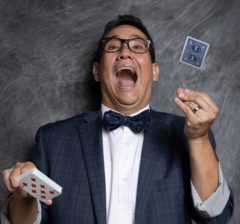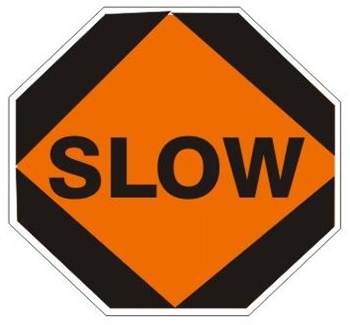When I was starting out performing in comedy clubs when I was 21 years old, a piece of advice I was given was, “whoever gets the most stage time wins”. I totally agree with that, the more you are working, the better you get. It also means that you’ve had more that’s gone wrong and you’ve figured out how to get through it.
One of the first markets I really started working 20+ years ago was the retirement home market. The nice thing about these gigs is that they take place during the day, and they have a constant need for entertainment. You can get a ton of flight time with your show in this market.
I don’t do many of the shows in the senior market anymore, simply because I’m too busy performing in other markets. However I recently just did three shows in one day on a single campus for a retirement community. It was fun, and those three shows added up to some pretty decent money.
If you’re interested in performing in this market, I wrote a book about it. This book is called How To Perform For Seniors.

This book takes you step by step through marketing the show, booking the show and actually doing the show. If you’re just staring out, or looking for a place to break in a new routine, this is a great market to work!




